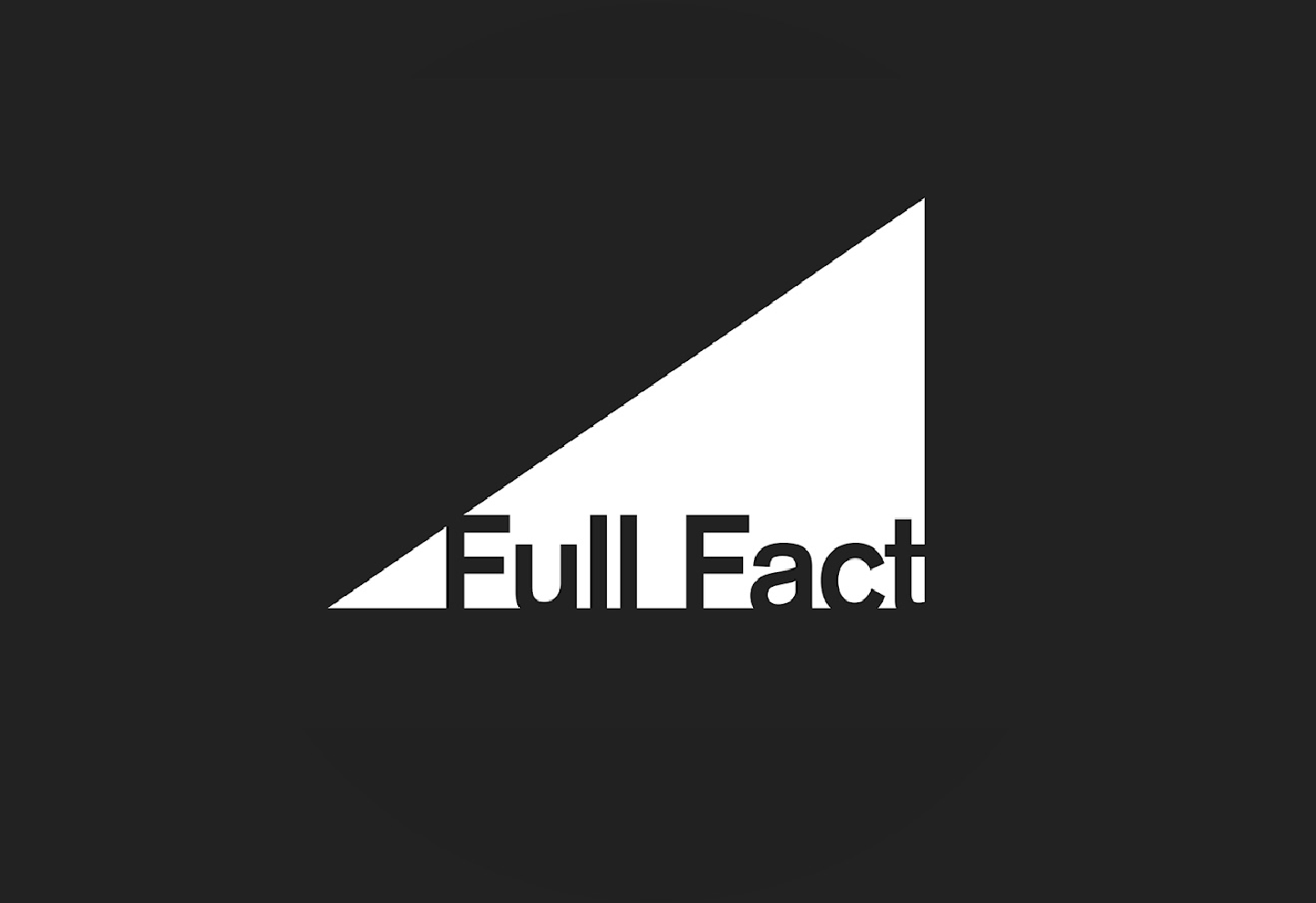By Guido Buelow, Facebook News Partnerships, EMEA
Fighting misinformation is an ever-evolving problem and we can’t do it alone. In 2016, Facebook started its third-party fact-checking program, working with IFCN-certified fact-checkers around the world to rate and review the accuracy of content on our platform. Since its launch, we have partnered with over 50 organizations with expertise in over 40 languages.
For the first of what will be an ongoing Q&A series, “Getting to Know our Third-Party Fact Checking Partners,” we spoke with Mevan Babakar, Head of Automated Factchecking at Full Fact in the UK, about the organization and its approach to fighting false news – both on and off Facebook.
How would you describe Full Fact and its mission in a few sentences?
Full Fact is the UK’s independent fact-checking charity. We’ve been factchecking since 2010. We check claims made by politicians, the media and other public bodies. We want to give you the power to decide what and who to believe, we do this by tracing back information to its primary sources to see if it stacks up. We also ask for corrections when mistakes are made, and campaign for bigger changes like improvements to data releases so mistakes don’t happen in the first place.
You began fact-checking content on Facebook at the beginning of 2019. What has this work focused on to date?
Our third-party fact-checking work with Facebook has mostly been focusing on content with the most potential to cause harm, for example misleading health and safety advice that if believed could potentially cause real harm to people’s lives. We have also prioritised claims that have spread widely and claims that we think can help educate people on techniques for spotting false information online.
When many people think about fact-checking, they imagine traditional reporting: reviewing documents, making calls to sources and more. Yet for Full Fact, automation is also a key component of your work. How do the two fit together?
Our team of fact-checkers do all those traditional fact-checking methods. It’s because we’ve been doing this ‘traditional’ work for almost a decade now that we’ve been able to identify ways to help speed up parts of the manual factchecking process with technology.
One example is spotting repetitions of claims we’ve already checked. With all the will in the world, we can’t spot every single time that something we know is false has been repeated. Our automated tools let us visualize the spread of bad information, enabling us to ask for corrections or take other follow-up action within hours, rather than weeks.
This is helping to make our fact-checking work more effective. We don’t just write and publish fact-checks and hope people see them — we take real action to stop false information spreading further and causing more harm.
When you think about what fact-checking will look like in a decade, what are some of the biggest shifts that you envision? What does technology have the biggest potential to change, and what won’t it change?
There always has been – and always will be – misinformation in the world. It might change form and medium over time, but there will always be bad information, whether it’s spread maliciously or accidentally. Having said this, I do think that trusted and impartial information will become more accessible to people when they need it – it will be much easier to get access to trusted information, fact-checks and primary sources of information, for example.
In the next five to 10 years, I hope our work can help reduce the harm bad information causes by stopping the spread of misinformation that, if believed, has the potential to cause serious damage to people’s lives. No one should have their life savings conned out of them or risk their health by a fake cancer treatment for example.
Facebook is partnering with Full Fact to offer trainings for fact-checkers on ClaimReview, a markup tool that makes it easier for platforms & apps to scan the contents of fact-checks across the Internet. How are you using ClaimReview?
ClaimReview is a markup that has fields for ‘claim’, ‘conclusion’, ‘rating’ etc. that we use almost like a recipe for our fact-checks. Separating out the claim and conclusion, and many other fields, makes it easier for other tools and services to serve them to wider audiences.
At Full Fact, ClaimReview forms the basis of our automated fact-checking tools because we use it to pull in an organization’s claims. It makes working together much simpler when there’s a common and shared language.
Outside of Full Fact, what projects have you seen that get you excited about the intersection of fact-checking, automation and technology?
In all honesty, what gets me really excited is when complex issues are discussed clearly and with minimal fuss. A great example of this is the NHS website in the UK which gives people who are potentially quite distressed clear, impartial and always helpful information. Even if the issue is really difficult or complex they manage to make it surmountable.
So I think before we even think about how technology can help support fact-checking and automation, we have to think about the content we are giving people and how it can be as trusted, clear and effective as possible.
Learn more about Full Fact on their website, and sign up for the Facebook Journalism Project newsletter to stay up-to-date on Facebook’s work with third-party fact-checkers.
